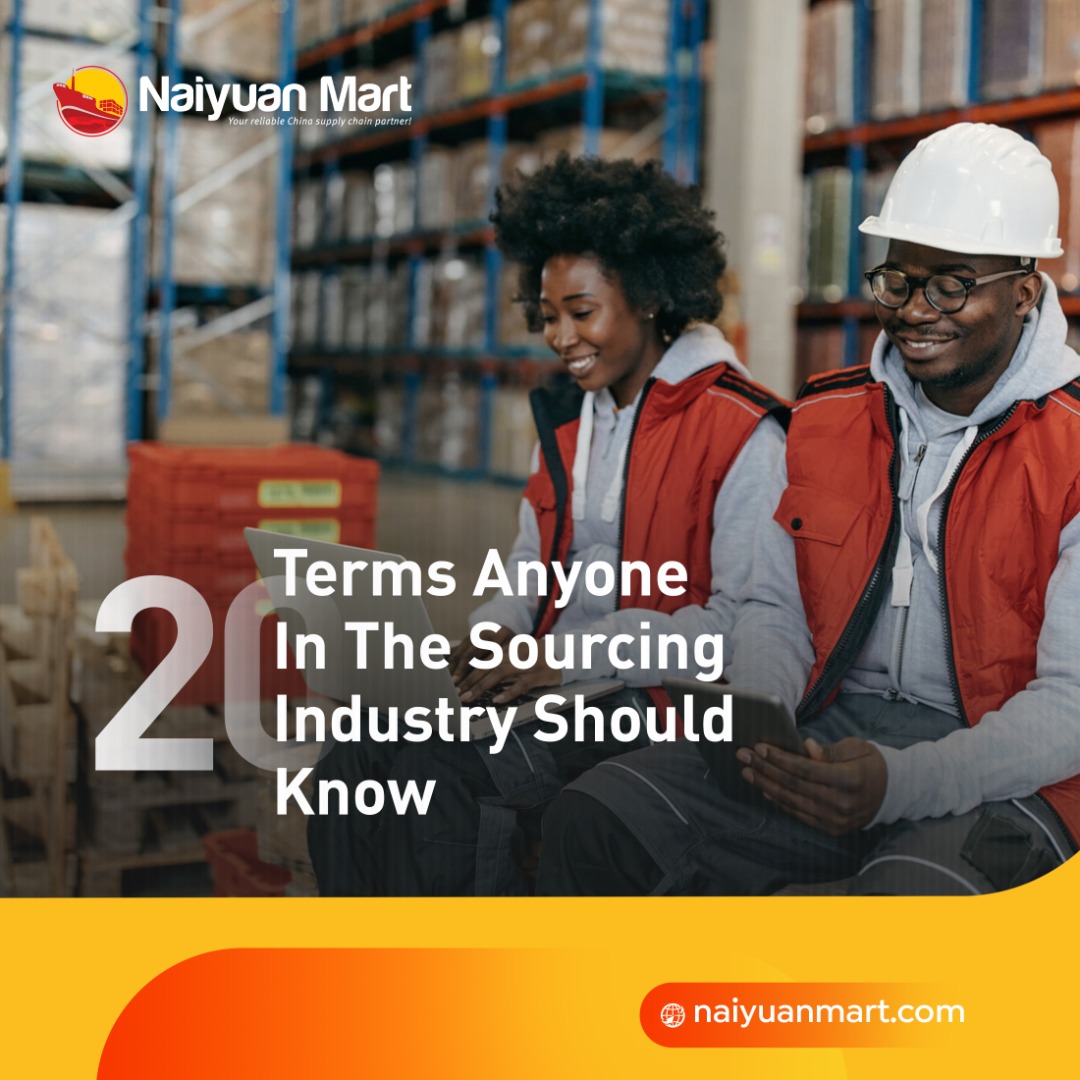The sourcing industry is a very simple yet complicated one. If you are a newbie, coming to terms with a lot of terminologies within the industry can be overwhelming.
Inorder to become an expert, there are many terms you need to familiarize yourself with. To help entrepreneurs, procurement officers and importers, we have decided to put together these 15 terms everyone in the sourcing industry should know.
Let’s dive in.
1. Agreement
An agreement is a legal contract between parties in almost all kinds of business. In the supply chain, an agreement between suppliers and procurers especially is important for so many reasons. It protects both parties and makes sure the transaction goes smoothly without issues.Lorem ipsum dolor sit amet, consectetur adipiscing elit. Ut elit tellus, luctus nec ullamcorper mattis, pulvinar dapibus leo.
2. Acquisition cost
Just like the name implies, it is the cost of acquiring products in the supply chain. Knowing your acquisition cost helps you map out your sales strategy including profit margin.
3. Bid
A bid is the offer that a supplier wants to sell his product. Bidding is the act of negotiating the price given by a supplier. Oftentimes, procurement officers bid for supplies especially if they are buying in large quantities to reduce cost.
4. Bill Of Lading
This is a document that serves as a receipt by shippers to the consignee (a person who is to receive the goods) to show the goods shipped to a particular place.
5. Breach of contract/warranty
Breach of Contract is when the parties to an agreement fall short of expectations. As per breach of warranty, it is when a product falls short of quality as warranted by the supplier.
6. Consolidation
Consolidation in supply chain is the arrangement of smaller and different goods combined for the purpose of shipping together to save cost. A procurement agent or importer can buy goods from different suppliers and ship them together as one.
7. Dropshipping
This is a business model where a manufacturer ships goods to a consumer on behalf of a seller who doesn’t maintain inventory of the products.
8. E-sourcing/Electronic sourcing
This is the process of procuring goods electronically usually over the internet to save cost of physical procurement, time and energy required for physical sourcing.
9. Fixed cost/price
It is the cost of a product or service that doesn’t change irrespective of the time or production volume. Fixed price of a product is the specified and agreed amount of a product that is decided both by the seller and buyer.
10. Freight
Freight is the shipping of goods either by air or sea. There are two major types of freight for importers. Air freight is the movement of goods via aircraft while sea freight is the movement of goods via ship through the sea.
11. FCL
FCL shipping is essential for large-scale importers who are shipping goods into Nigeria in large volumes. FCL stands for Full Container Load, and an importer who uses it takes up the entire space in the container, be it a 40 ft container or a 20 ft container. Under FCL, you buy up the entire space in the container to house your cargo, so you don’t share it with shipments belonging to any other importer.
12. Goods
Anything that can be bought and procured including materials, consumables, equipment supplies etc.


